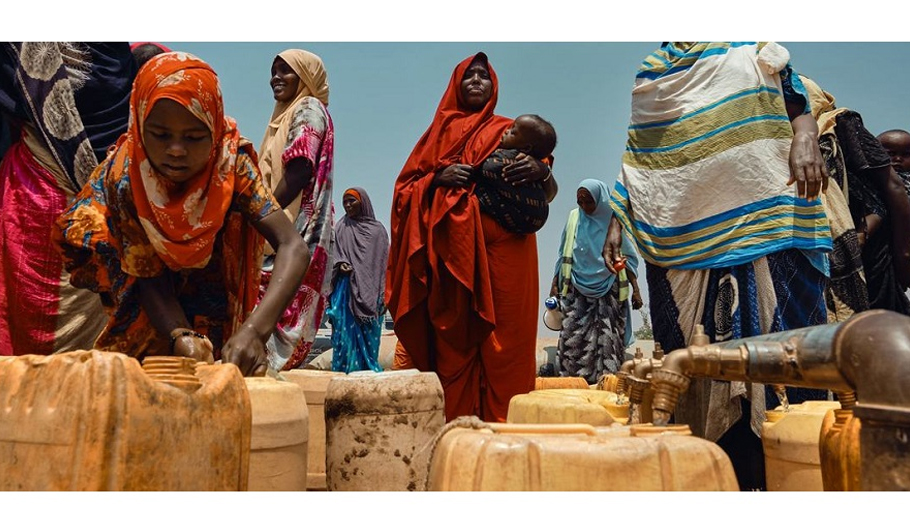Over 280m people leave home for a better life: UN

More than 280 million people have left their countries to pursue opportunity, dignity, freedom, and a better life, the UN said on International Migrants Day Sunday.
Secretary-General António Guterres credited more than 80 percent of those who cross borders in a safe and orderly fashion as powerful drivers of economic growth, dynamism, and understanding.
“But unregulated migration along increasingly perilous routes – the cruel realm of traffickers – continues to extract a terrible cost.”
Over the past eight years, at least 51,000 migrants have died, and thousands of others have gone missing, said the top UN official.
“Behind each number is a human being – a sister, brother, daughter, son, mother, or father,” he said. “Migrant rights are human rights."
“They must be respected without discrimination – and irrespective of whether their movement is forced, voluntary, or formally authorised.”
Guterres pushed for search and rescue efforts, medical care, expanded and diversified rights-based pathways for migration, and greater international investments in countries of origin to ensure migration is a choice, not a necessity.
Gilbert F Houngbo, the head of the International Labour Organization (ILO), shone a light on protecting the rights of the world's 169 million migrant workers.
"The international community must do better to ensure… [that they] are able to realise their basic human and labour rights."
Leaving them unable to exercise basic rights renders migrant workers invisible, vulnerable and undervalued for their contributions to society, said the most senior ILO official.
And when intersecting with race, ethnicity, and gender, they become even more vulnerable to various forms of discrimination.
Houngbo said migrants do not only go missing on high-risk and desperate journeys. "Many migrant domestic, agricultural and other workers are isolated and out of reach of those who could protect them, with the undocumented, particularly at risk of abuse."
Like all employees, migrant workers are entitled to labour standards and international human rights protections, including freedom of association and collective bargaining, non-discrimination, and safe and healthy working environments, said the ILO chief.
They should also be entitled to social protection, development and recognition, he added.
To make these rights a reality, Houngbo stressed the key importance of fair recruitment, including eliminating recruitment fees charged to migrant workers, which can help eradicate human trafficking and forced labour.




